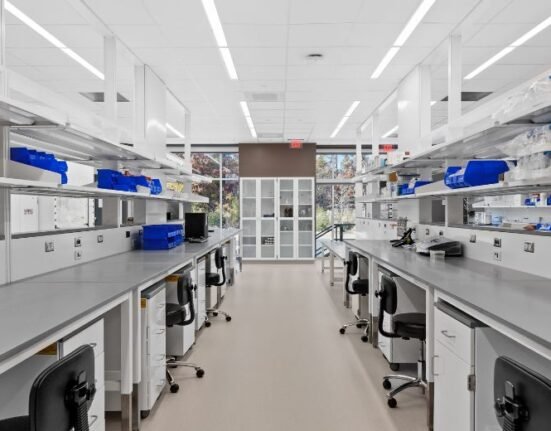HQ Team
June 19, 2025: Gilead Sciences, Inc.’s twice-yearly injectable drug for the prevention of HIV in adults and adolescents got approval from the US regulator.
The Food and Drug Administration (FDA) gave the green light to lenacapavir, branded as Yeztugo, in adults and adolescents weighing at least 35 kilograms — making it the first and only twice-yearly option in the US for people who need PrEP, according to a company statement.
PrEP, or pre-exposure prophylaxis, is a medicine people at risk of HIV take to prevent getting the disease from sex or injection drug use. PrEP can stop HIV from taking hold and spreading throughout your body.
End and mid-stage trials showed that more than 99.9% of participants who received Yeztugo remained HIV negative when compared with once-daily oral Truvada (emtricitabine and tenofovir disoproxil fumarate) in cisgender women in sub-Saharan Africa.
The study had enrolled 2,134 participants in early trials and 2,179 in the mid-stage trial. The first PrEP medication, which was also developed by Gilead, was approved in the US in 2012.
Breakthrough Therapy Designation
It was sold under the brand name Sunlenca and only applied to patients with treatment-resistant HIV and who had received prior treatment.
Yeztugo received FDA approval under Priority Review. In October 2024, Yeztugo was granted Breakthrough Therapy Designation, which is intended to expedite the development and review of new drugs that may demonstrate substantial improvement over available therapy.
“This is a historic day in the decades-long fight against HIV. Yeztugo is one of the most important scientific breakthroughs of our time and offers a very real opportunity to help end the HIV epidemic,” said Daniel O’Day, Chairman and Chief Executive Officer of Gilead Sciences.
“This is a medicine that only needs to be given twice a year and has shown remarkable outcomes in clinical studies, which means it could transform HIV prevention.”
Lack of PrEP usage
Data from the Centers for Disease Control and Prevention (CDC) reveal that in 2022, the most recent year with available data, only about one in three or 36% of people in the US who met the CDC’s eligibility criteria for PrEP were prescribed a form of PrEP.
CDC data show that all populations in the US are not yet using PrEP at rates that could end transmission of the virus at the population level, with particular gaps for women, Black/African American and Hispanic/Latino people, and people in the US South, according to the statement.
Barriers, including adherence challenges, stigma and low awareness of existing PrEP options—by both healthcare providers and consumers—contribute to this low uptake of PrEP across multiple populations, according to a study.
In 2023, more than 100 people were diagnosed with HIV daily in the US, a 2025 surveillance report from the CDC showed.
‘Prefer less frequent dosing’
“A twice-yearly injection could greatly address key barriers like adherence and stigma, which individuals on more frequent PrEP dosing regimens, especially daily oral PrEP, can face,” said Carlos del Rio, MD, Co-Director of the Emory Center for AIDS Research in Atlanta.
“We also know that, in research, many people who need or want PrEP prefer less frequent dosing.”
Lenacapavir for HIV prevention is not approved by any regulatory authority outside of the United States.
Gilead has submitted a marketing authorisation application and an EU-Medicines for all (EU-M4all) application with the European Medicines Agency, both of which the EMA has validated and will review under an accelerated assessment timeline.
Gilead has also filed for regulatory approval for twice-yearly lenacapavir for PrEP with authorities in Australia, Brazil, Canada and South Africa.








